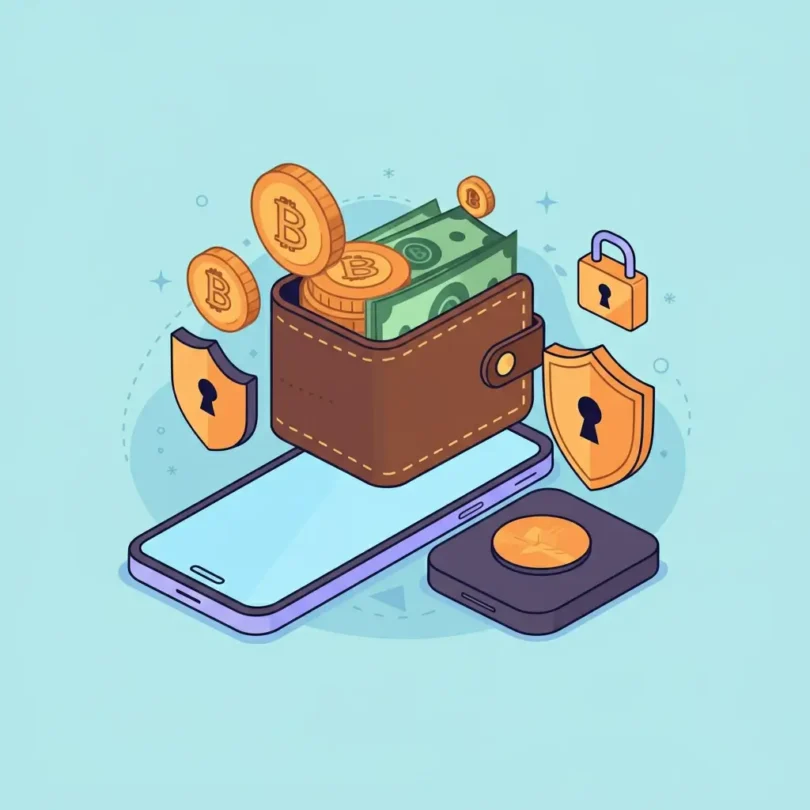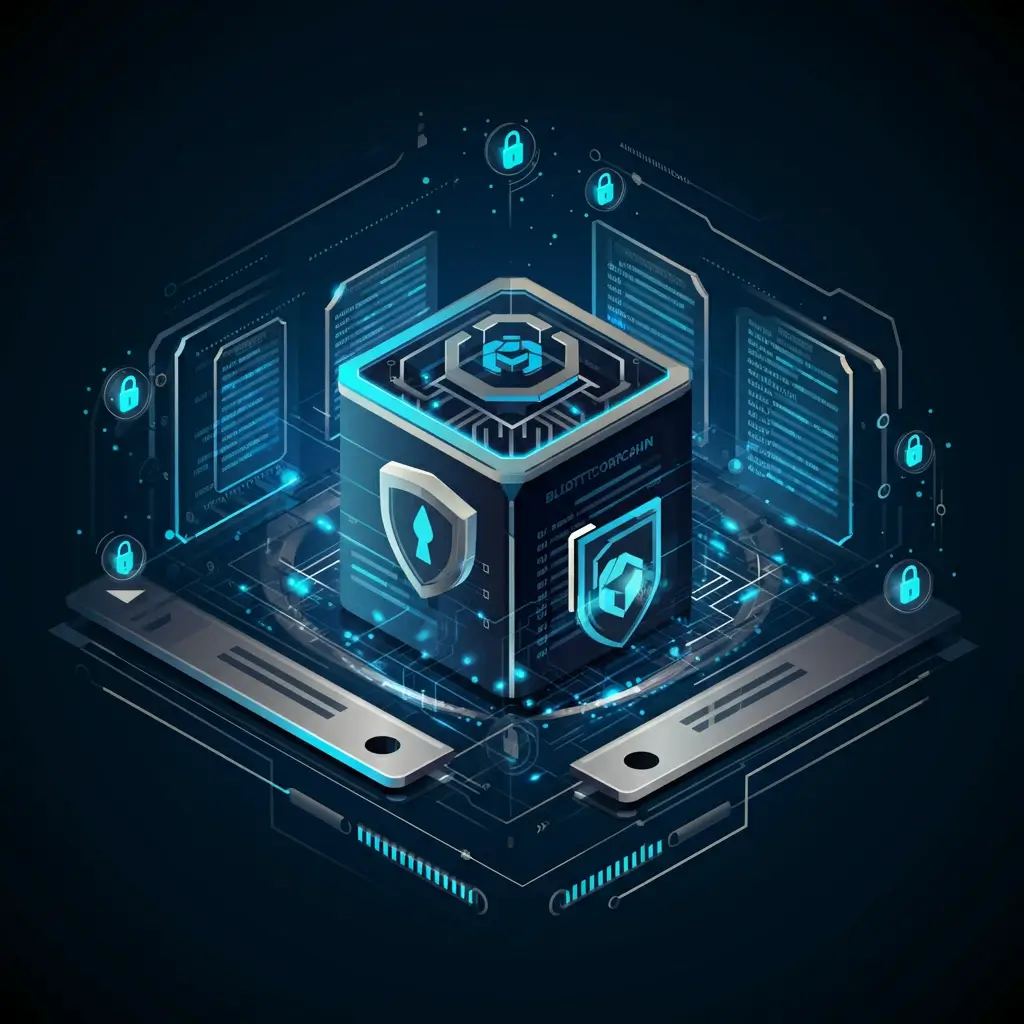Introduction
Securing Your Bitcoin: Best Practices for Long-Term Storage
In the rapidly evolving world of cryptocurrency, securing your Bitcoin for long-term storage is essential for safeguarding your investment. While the world of digital currencies promises immense potential, it also introduces unique risks, making it crucial to adopt best practices for long-term security. In this article, we will discuss the most effective methods to secure your Bitcoin, protect your assets from hackers, and ensure your digital wealth remains intact for the years to come.
1. Why Bitcoin Security is Crucial
Bitcoin, like all cryptocurrencies, relies on blockchain technology, which is designed to be secure and decentralized. However, this doesn’t mean that Bitcoin is impervious to theft or hacking. The security of your Bitcoin lies in how well you manage your private keys and wallet. Without proper storage practices, hackers or malicious actors can steal your digital assets. Therefore, understanding the best Bitcoin security measures is the first step in ensuring your long-term financial security.
2. The Importance of Cold Storage for Bitcoin
When it comes to long-term Bitcoin storage, cold storage is the safest option. Cold storage refers to keeping your Bitcoin offline, far from the reach of potential hackers who might target online wallets or exchanges. Using hardware wallets, offline storage devices, and even paper wallets, cold storage solutions provide the highest level of security. Unlike hot wallets, which are connected to the internet, cold wallets store Bitcoin in an offline state, making it virtually impossible for hackers to access your funds.
Hardware Wallets are widely regarded as the most secure form of cold storage. Devices like the Ledger Nano X or Trezor Model T store your private keys offline while allowing you to make transactions securely. These wallets are highly resistant to online attacks and give you complete control over your Bitcoin.
3. Using Paper Wallets for Cold Storage
For those who prefer a non-digital solution, paper wallets can serve as an excellent method for securing Bitcoin long-term. A paper wallet is a physical document that contains your public and private keys. You can generate these wallets offline using open-source software to ensure no digital trace remains. Once created, it’s important to store the paper wallet in a secure location, such as a safe deposit box or a personal safe, to prevent theft, loss, or physical damage.
4. Multi-Signature Wallets for Added Protection
Another highly effective security measure is the use of multi-signature wallets. This method requires more than one private key to authorize a Bitcoin transaction. For example, a 2-of-3 multi-signature wallet would require two out of three private keys to make a transaction, significantly reducing the risk of unauthorized access. Multi-signature wallets are ideal for individuals who wish to share control over their Bitcoin with trusted family members, business partners, or financial advisors.
By spreading control of the Bitcoin wallet across multiple devices or locations, you create a system of checks and balances that is more secure than traditional single-signature wallets.
5. The Role of Seed Phrases in Bitcoin Recovery
Seed phrases, also known as mnemonic phrases, play a crucial role in Bitcoin security. A seed phrase is a series of words that acts as a backup to your wallet. If your hardware or paper wallet is lost or damaged, the seed phrase allows you to recover your Bitcoin. Storing your seed phrase in a secure, offline location is as important as protecting the wallet itself. Many Bitcoin owners choose to write their seed phrase on paper and store it in a fireproof safe or vault.
6. Regularly Backing Up Your Bitcoin Wallet
Backing up your Bitcoin wallet is one of the most important practices to avoid losing your funds due to hardware failure or accidental deletion. While cold storage solutions like hardware wallets provide robust security, it is still essential to have multiple backups of your wallet’s private keys or seed phrases. Consider using encrypted USB drives or cloud storage with end-to-end encryption to store these backups securely. Be sure to keep backups in geographically separate locations to avoid losing access in case of natural disasters or theft.
7. The Importance of Two-Factor Authentication (2FA)
While 2FA is more commonly associated with online accounts, it can also play an important role in securing your Bitcoin wallet. Two-factor authentication (2FA) adds an additional layer of security by requiring you to verify your identity with a second form of authentication, such as a text message or an authentication app. For online wallets or exchanges, enabling 2FA helps protect your Bitcoin from unauthorized access and reduces the risk of hacking.
8. Avoiding Common Pitfalls in Bitcoin Security
Many Bitcoin owners make the mistake of storing large amounts of Bitcoin on exchanges or in online wallets. While these methods may be convenient for everyday use, they are also more vulnerable to cyber attacks. To avoid common pitfalls, always use cold storage methods for long-term storage, and never store your private keys online.
Additionally, be cautious of phishing attacks. Malicious actors may try to trick you into giving away your private keys or seed phrase by pretending to be trusted services. Always verify the authenticity of any communication related to your Bitcoin.
9. Securing Your Bitcoin on Exchanges
If you plan to store Bitcoin on exchanges for any period, make sure to use a platform with strong security features, such as cold storage for the majority of their funds and 2FA. Avoid leaving Bitcoin on exchanges for long periods, as they are prime targets for hackers. Instead, withdraw your Bitcoin to a hardware or paper wallet as soon as possible.
10. Conclusion
Protecting Your Investment
Securing your Bitcoin for the long term requires diligence, knowledge, and the right security measures. By using cold storage solutions like hardware wallets and paper wallets, enabling multi-signature setups, and regularly backing up your wallet, you can ensure that your Bitcoin remains safe from theft or loss. Remember to stay informed about the latest security practices and be proactive in protecting your digital assets.
By adopting these best practices, you not only protect your investment but also safeguard your future in the ever-evolving world of cryptocurrency.







